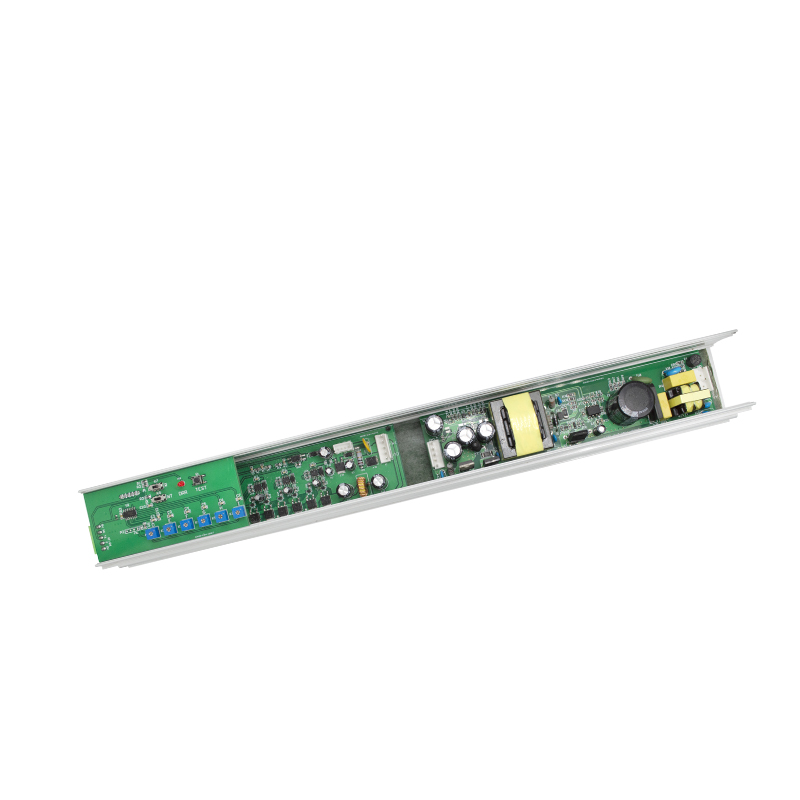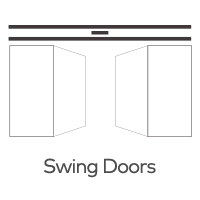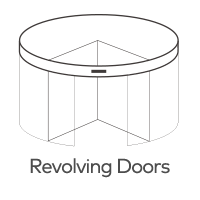Can a door controller provide real-time monitoring and logging of access events?
In an age where security and access control are paramount, the role of door controllers has evolved from mere entry facilitators to intelligent gatekeepers. Modern door controllers now possess the capability to provide real-time monitoring and logging of access events, offering unprecedented insights and control over who enters a building or facility. In this article, we delve into the concept of real-time access event monitoring and how door controllers have transformed access control systems.

The Evolution of Door Controllers:
Gone are the days when door controllers were limited to simply locking and unlocking doors. With advancements in technology, today's door controllers are equipped with sophisticated features that enhance security and streamline access management. Real-time monitoring and logging of access events stand out as one of the most significant enhancements in this evolution.
Real-Time Monitoring:
Door controllers equipped with real-time monitoring capabilities allow security personnel or administrators to track access events as they happen. These controllers can provide instant notifications when a door is accessed, granting an immediate overview of who is entering or leaving a facility. This feature empowers administrators to respond promptly to any unauthorized access attempts or security breaches.
Logging Access Events:
Logging access events involves creating a digital record of every instance when a door is accessed. This log includes crucial information such as the date, time, identity of the individual, and the specific door that was accessed. This detailed record offers a comprehensive audit trail that can be invaluable for investigations, compliance requirements, and performance evaluations.
Benefits of Real-Time Monitoring and Logging:
1. Enhanced Security: Real-time monitoring ensures that security personnel are promptly alerted to any suspicious activities, allowing them to take immediate action to prevent potential breaches.
2. Accountability: Access event logs create an indisputable record of who accessed a particular area and when. This fosters accountability among employees and visitors, discouraging unauthorized access.
3. Forensic Analysis: In the event of security incidents, access event logs serve as an invaluable resource for conducting forensic analysis. The logs can provide a timeline of events leading up to an incident, aiding in the investigation.
4. Compliance and Reporting: Many industries have strict compliance requirements for access control and security. Access event logs make it easier to generate accurate compliance reports for audits and regulatory purposes.
5. Data-Driven Insights: Analyzing access event data over time can provide insights into traffic patterns, peak usage times, and areas of concern. This data-driven approach can inform decisions about security measures and resource allocation.
Intelligent Integration:
Modern door controllers often integrate with broader security and building management systems, allowing for seamless information flow. Integration with video surveillance, biometric systems, and intrusion detection systems further enhances the effectiveness of real-time monitoring and access event logging.
Conclusion:
The ability of door controllers to provide real-time monitoring and logging of access events has transformed the landscape of access control and security. This innovation empowers organizations to stay ahead of potential threats, maintain meticulous records, and make informed decisions based on data-driven insights. As technology continues to advance, we can expect further refinement of these features, elevating the effectiveness and sophistication of access control systems.







